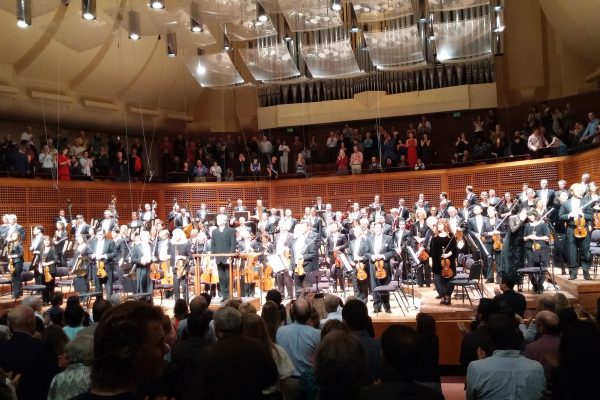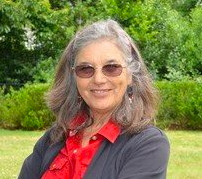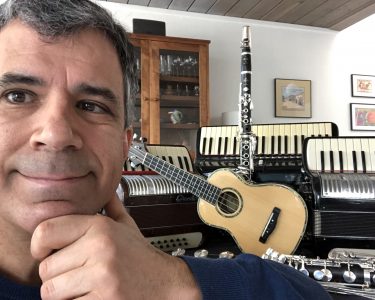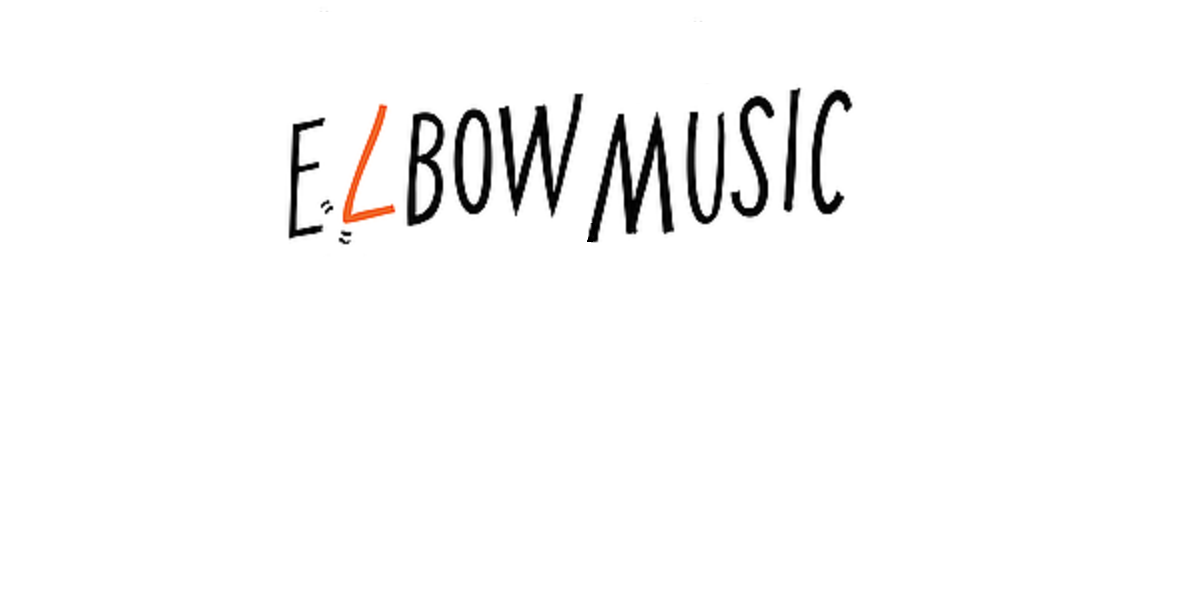
I miss music.
I miss going to the concert hall. I miss the anticipation, seeing the artists come onstage and get ready to play. I miss the upbeat, the intake of breath, the communal exhalation as the concert begins. I miss immersing into the sound, feeling all the molecules in the air and in my body vibrating together, resonant in rhythm and harmony and in tune with the musical mind of the players and the composer.
I miss the musical journeys, the stories, the surprises and eloquent joys of discovery that unfold along the paths of sound. I miss the humor and passion and anger and longing and love that music can express in such a vivid and physical way.
I am grateful for all the ways that musicians are reaching out to us, playing solos on youtube or facebook, even creating online choruses. We need that in this time of scary isolation.
But live music is different. Musicians respond to the sounds they hear, and react to where the sound is going, not to what they’ve already heard. They are playing the note that’s coming into being, and that sound, as it emerges, blooms into the next sound and the next. They constantly adjust to one another, staying resonant and in tune, sharing creativity at the deepest level. They’re playing the future into being in a constant forward flow. And we lucky listeners are along for the ride.
So, thank you to every musician who’s reaching out through your phone or computer screen to communicate with us. To every presenter and music school who’s finding ways to keep musicians and music students engaged. And until we can all be together again, everyone please stay happy and sane. Someday we’ll be back in the concert hall – maybe not sitting quite so close together, but still – I can’t wait to be in the room where that happens, with you, resonating in that musical air.
Lolly Lewis is a recording producer, amateur singer, and the founder of Amateur Music Network.
 I recently retired from teaching in the SFUSD public schools. When I first thought about writing a blog post for AMN, I thought I’d focus on the importance of music as a creative force in kids’ lives. For five years, I worked with a music educator from the SF Opera to create (write, compose, stage) a 15-minute opera, based on a social justice topic my 4th and 5th graders had studied all year. The topics ranged from Immigration to civil rights to the environment. It was one of the most transformative experiences some of my students had during their elementary years. But then I realized it transformed me as well, and actually set me up to pursue something I loved, but dreaded sharing, after I retired.
I recently retired from teaching in the SFUSD public schools. When I first thought about writing a blog post for AMN, I thought I’d focus on the importance of music as a creative force in kids’ lives. For five years, I worked with a music educator from the SF Opera to create (write, compose, stage) a 15-minute opera, based on a social justice topic my 4th and 5th graders had studied all year. The topics ranged from Immigration to civil rights to the environment. It was one of the most transformative experiences some of my students had during their elementary years. But then I realized it transformed me as well, and actually set me up to pursue something I loved, but dreaded sharing, after I retired. I’ve been a professional musician for so many years now that I’m not even sure I could figure out how long. I grew up in a family that was so passionate about music. Metropolitan Opera broadcasts blaring throughout the house during weekend chores, Boston Pops on PBS, folk singers visiting our house when my sister was a 1970s high school student, marching band practice, and the best-of-all story of family lore of my mom apparently putting me in a laundry basket underneath the piano while she accompanied her amateur singing friends from church and community theater: Fiddler on the Roof, Church hymns, Arthur Fiedler, and La Boheme are all just a big blur in my musical DNA.
I’ve been a professional musician for so many years now that I’m not even sure I could figure out how long. I grew up in a family that was so passionate about music. Metropolitan Opera broadcasts blaring throughout the house during weekend chores, Boston Pops on PBS, folk singers visiting our house when my sister was a 1970s high school student, marching band practice, and the best-of-all story of family lore of my mom apparently putting me in a laundry basket underneath the piano while she accompanied her amateur singing friends from church and community theater: Fiddler on the Roof, Church hymns, Arthur Fiedler, and La Boheme are all just a big blur in my musical DNA.
